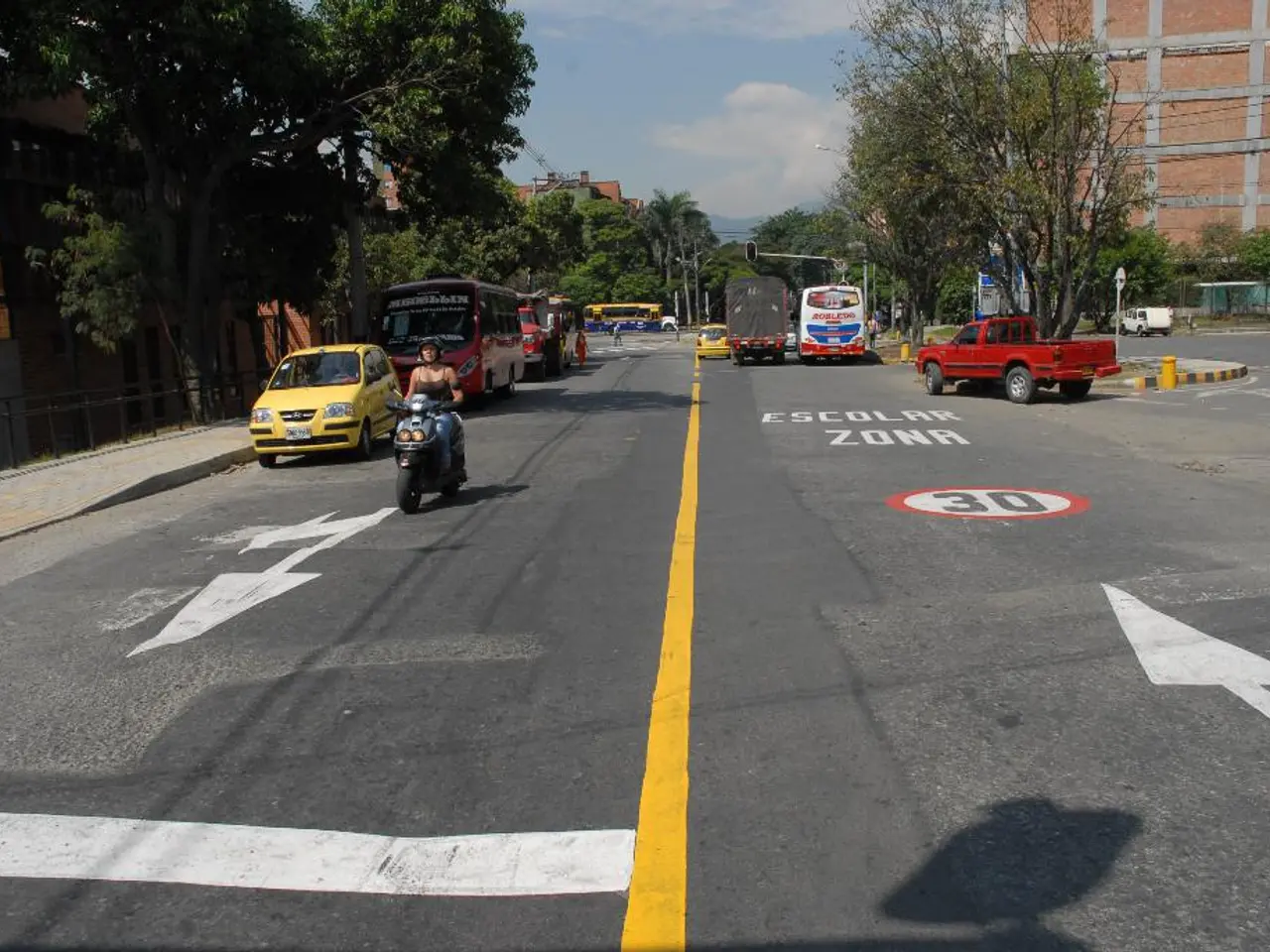Increased Summer Traffic in Yucatan Endangers Wildlife
In the picturesque state of Yucatan, Mexico, a shared priority is the preservation of its rich biodiversity as it warmly welcomes visitors. However, the increasing number of road accidents involving wild animals has become a pressing concern for conservationists and locals alike.
Renowned road safety specialist Rene Flores Ayora recommends slowing down, especially at dawn and dusk, and avoiding impulsive maneuvers to help reduce the risk of road accidents involving wildlife. He also advises reporting injured animals to emergency services immediately.
The importance of protecting Yucatan's wildlife from road accidents cannot be overstated. Species such as deer, flamingos, turtles, crabs, and raccoons are frequently seen crossing highways in the region. Tragically, at least four flamingos, a species under special protection, have been struck by vehicles near Progreso and Uaymitun in recent weeks.
Domestic animals in Merida are also at risk, with authorities collecting thousands of dead cats and dogs from city streets each month. Climate change is forcing animals to leave their habitats, bringing them closer to urban areas and increasing the risk of accidents.
Environmentalists urge travelers to drive responsibly in Yucatan. Vacationing in harmony with nature is considered necessary, and the need for public awareness campaigns on road safety for wildlife is highlighted. Biologist Salvador Castell Gonzalez, founder of Va por la Tierra, has stated that road accidents are a major issue for wildlife in the state.
Experts advocate for wildlife crossings, public awareness campaigns, and better enforcement of speed limits to address the issue. While there is no direct, specific data on the effectiveness of wildlife crossings in reducing road accidents involving wild animals in Yucatan, such structures globally have proven to significantly reduce wildlife-vehicle collisions and maintain habitat connectivity, benefiting biodiversity.
Conservation efforts in Yucatan are focused on promoting responsible travel and coexistence with nature. The importance of enforcing speed limits to protect wildlife is stressed, particularly in tourist hotspots like Izamal, where wildlife traffic accidents are one of the leading causes of death for wildlife due to increased tourist traffic during the summer season.
As Yucatan continues to attract visitors, it's crucial that everyone plays a part in protecting its unique and diverse wildlife. By driving responsibly, respecting local wildlife, and supporting conservation initiatives, we can help ensure that Yucatan's biodiversity remains vibrant and thriving for generations to come.
In the mission to sustain Yucatan's ecological diversity, environmentalists emphasize the importance of mindful driving and respecting wildlife on highways. Aiming to minimize road accidents involving wildlife species like deer, flamingos, turtles, and raccoons, travelers are encouraged to adhere to speed limits, particularly in tourist hotspots like Izamal, and observe road safety guidelines. Additionally, supporting conservation initiatives and adopting eco-friendly lifestyles when traveling can contribute significantly to the preservation of Yucatan's biodiversity, ensuring its continued thriving for future generations.




